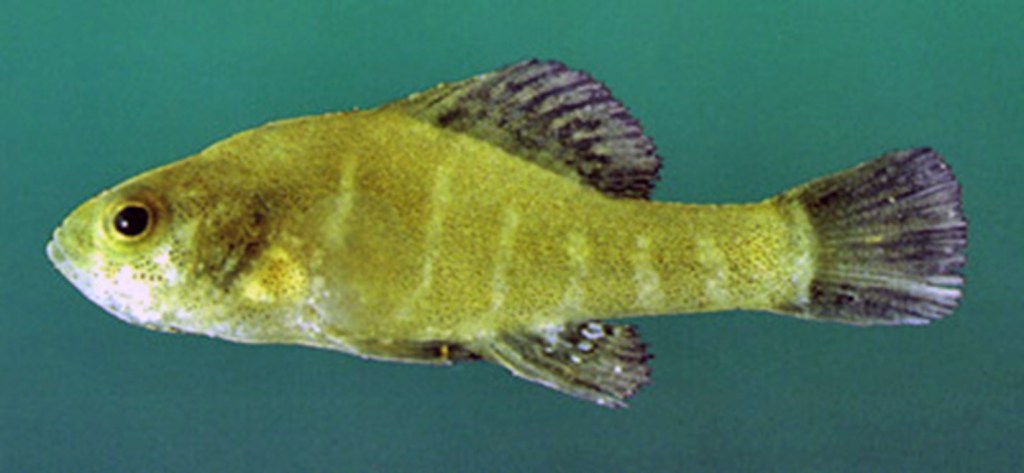Group plans to sue to protect fish
Published 6:15 am Tuesday, May 1, 2018

- The spring pygmy sunfish is an endangered species found in the Beaverdam Spring Complex, adjacent to where the future Toyota-Mazda production facility is under construction.
A nonprofit conservation group plans to sue the U.S. Fish and Wildlife Service over what it considers a failure to protect a rare fish species found near where Toyota and Mazda plan to build a joint production facility.
According to the Center for Biological Diversity, the facility will be built adjacent to the Beaverdam Spring Complex, which is home to the only native population of the spring pygmy sunfish. The center announced it had filed a notice of intent to sue the FWS on April 9.
“The plant would also bring a good number of jobs to Alabama, which the state needs,” said a press release from the center. “But for the beautiful springs and unique little fish to be saved, either another site needs to be found, or serious mitigation measures need to be put in place.”
The notice of intent gives the FWS 60 days to “rectify its violation of the Endangered Species Act and designate critical habitat,” said Elise Bennett, an attorney for the Center for Biological Diversity. “If it does not, we intend to sue.”
Officials with the city of Huntsville said they are in compliance with ensuring the fish is protected. Shane Davis, director of Urban Development with the city, previously told WBRC-Fox 6 in Birmingham the fish habitat is protected and “development around that habitat area must be developed in best management practices standards.”
Davis said the city began being proactive about the matter in 2012, which is when the U.S. Fish and Wildlife Service announced a proposal to protect the fish under the Endangered Species Act. The following year, according to the Center for Biological Diversity, the FWS protected the sunfish as a threatened species. The FWS also proposed protections in Limestone County, the center said, but failed to finalize the critical habitat proposal.
Davis told WBRC he believes the Center for Biological Diversity is unaware of the agreements made with the FWS and doesn’t believe a lawsuit would impact the future of the plant.
Limestone County Commission Chairman Mark Yarbrough recently expressed the same sentiment, and — like Davis — believes the lawsuit threat would not stop the Toyota-Mazda project.
“What they’re saying we should have done, we did six years ago,” he said.
The center also claims the city of Huntsville failed to protect the whiteline minnow, which is now extinct. The fish was found in Big Spring Creek in downtown Huntsville in the 1800s.
“Clean, clear springs are important for all living things, including people,” said Bennett. “There’s just no way to protect species like the spring pygmy sunfish without protecting the places they live. Protecting critical habitat will ensure a healthy future for wildlife and the people of Alabama.”
For more information on the center’s notice of intent, visit https://bit.ly/LawsuitLaunched.
— Joshua Gauntt of the Raycom News Network contributed to this report.





